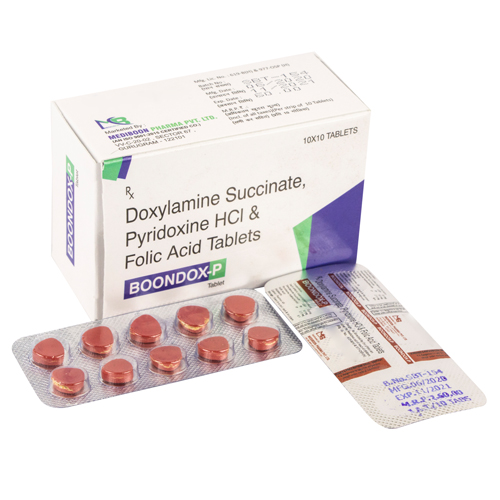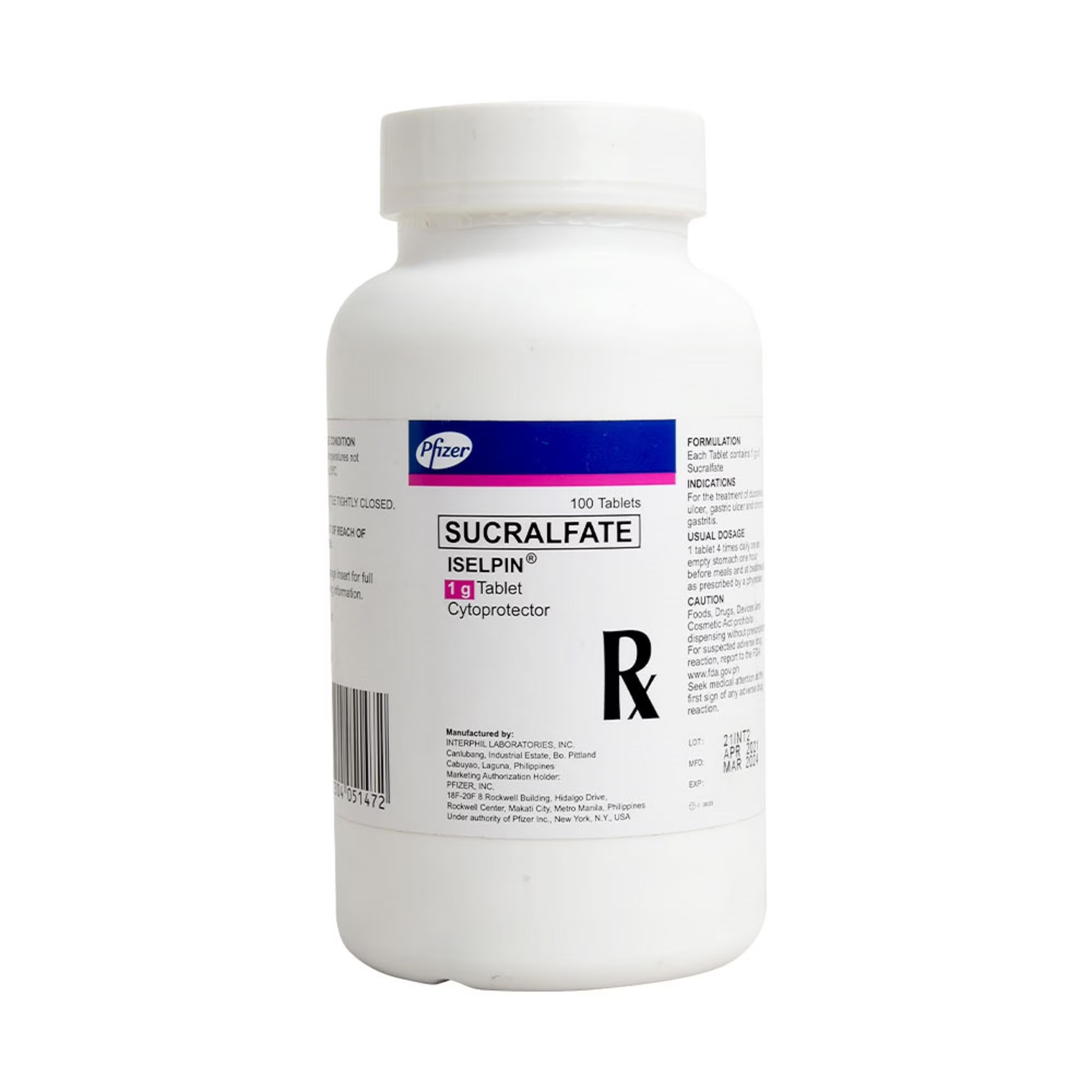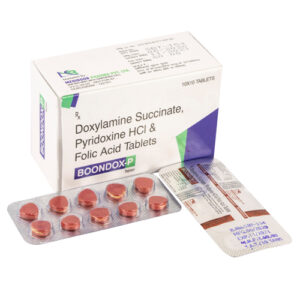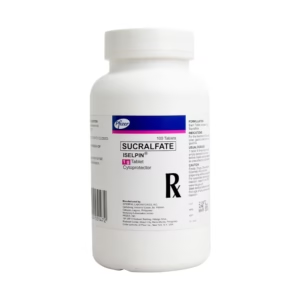-
Fosaprepitant
Fosaprepitant is an antiemetic used to prevent nausea and vomiting caused by chemotherapy.
Applications:
-
Prevents acute and delayed nausea/vomiting from highly emetogenic chemotherapy.
-
Often used in combination with other antiemetics (like dexamethasone and a 5-HT3 antagonist).
Side Effects:
-
Common: fatigue, headache, hiccups, and constipation.
-
Serious (rare): infusion site reactions, allergic reactions, liver enzyme elevation.
Brands: Emend (IV).
Br120.00
Fosaprepitant
Br120.00 Select options This product has multiple variants. The options may be chosen on the product page -
-
Doxylamine succinate + Pyridoxine Hydrochloride
Doxylamine Succinate + Pyridoxine Hydrochloride is a combination used to treat nausea and vomiting during pregnancy (morning sickness).
Applications:
-
First-line treatment for morning sickness in pregnant women.
-
Helps reduce nausea and vomiting without harming the fetus.
Side Effects:
-
Common: drowsiness, dry mouth, dizziness, and headache.
-
Serious (rare): allergic reactions, confusion, and difficulty urinating.
Br120.00
Doxylamine succinate + Pyridoxine Hydrochloride
Br120.00 Select options This product has multiple variants. The options may be chosen on the product page -
-
Aprepitant
Applications:
Chemotherapy-Induced Nausea/Vomiting (CINV): Prevents acute/delayed nausea from highly emetogenic chemo (e.g., cisplatin).
Moderately Emetogenic Chemo: Used with dexamethasone + 5-HT3 blockers (e.g., ondansetron).
Postoperative Nausea/Vomiting (PONV): Alternative for high-risk surgeries (less common).Side Effects:
Common: Fatigue, hiccups, constipation, headache, loss of appetite.
Serious (Rare):-
Liver toxicity (elevated LFTs).
-
Hypersensitivity (rash, anaphylaxis).
-
Drug interactions (CYP3A4 inhibitor—affects warfarin, birth control, some chemo drugs).
Note: Avoid with pimozide (QT prolongation risk). IV form (fosaprepitant) available.
Br120.00
Aprepitant
Br120.00 Select options This product has multiple variants. The options may be chosen on the product page -
-
Drotaverine
Applications:
-
Abdominal Pain: Relieves cramps in IBS, gastritis, or menstrual discomfort.
-
Biliary Colic: Eases spasms in gallbladder/bile duct disorders.
-
Urinary Tract Spasms: Treats discomfort from kidney stones or UTIs.
-
Gynecological Use: Reduces labor pains (off-label) and dysmenorrhea.
Side Effects:
-
Common: Dizziness, nausea, mild headache.
-
Rare:
-
Allergic reactions (rash, itching).
-
Low blood pressure (with high doses).
-
Rapid heartbeat (tachycardia).
-
Br120.00

Drotaverine
Br120.00 Select options This product has multiple variants. The options may be chosen on the product page -
-
Sucralfate
Sure! Here’s a similar overview for sucralfate:
Applications:
- Used primarily to treat and prevent peptic ulcers by forming a protective barrier over ulcer sites in the stomach and intestines.
- Often prescribed for gastroesophageal reflux disease (GERD) and to manage conditions involving damage to the stomach lining, like gastritis.
- Can help in the healing of esophageal ulcers, as well as ulcers caused by nonsteroidal anti-inflammatory drugs (NSAIDs).
Side Effects:
- Common side effects include constipation, dry mouth, and mild stomach discomfort.
- Rare but serious side effects can include allergic reactions, severe abdominal pain, or difficulty breathing.
- Prolonged use may lead to malabsorption of nutrients like phosphate, which can cause low phosphate levels.
- In some cases, patients may experience dizziness or headache.
Sucralfate is typically considered a safe treatment, but like with any medication, it’s important to monitor for any adverse effects, particularly with long-term use.
Br120.00

Sucralfate
Br120.00 Select options This product has multiple variants. The options may be chosen on the product page





